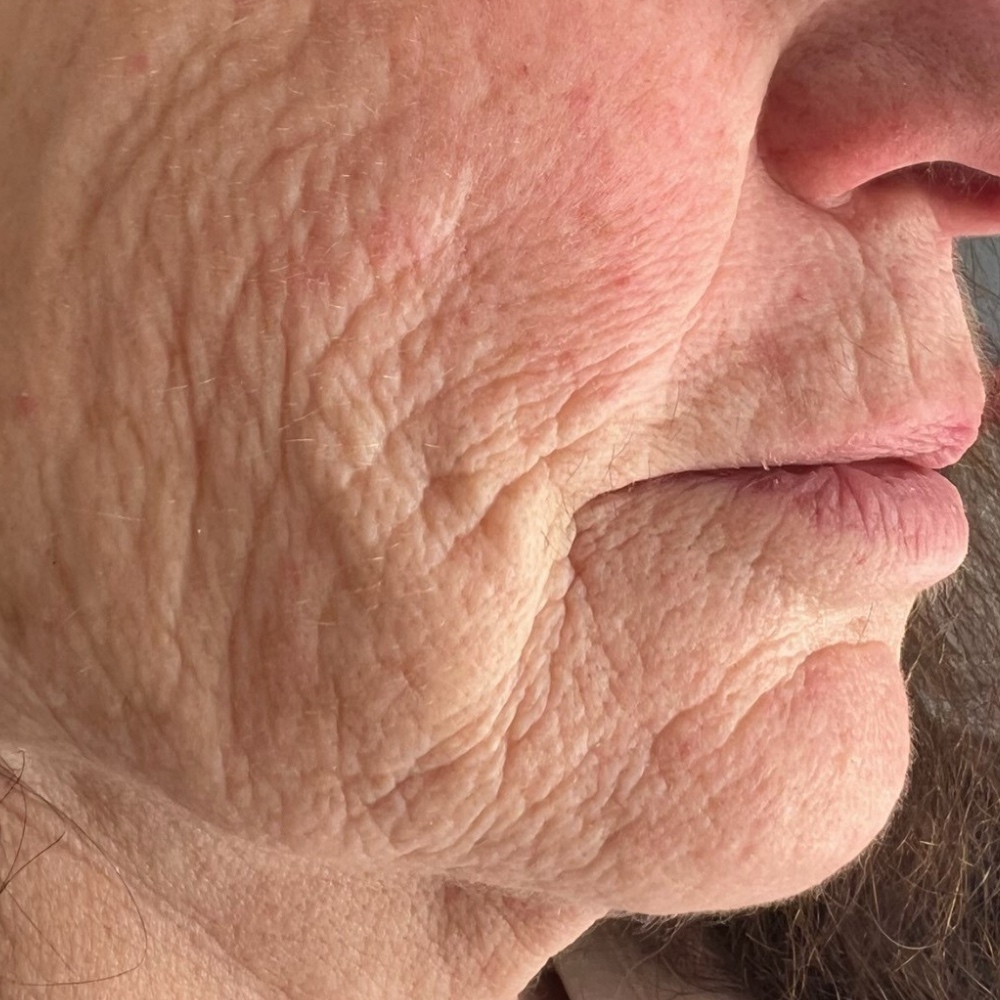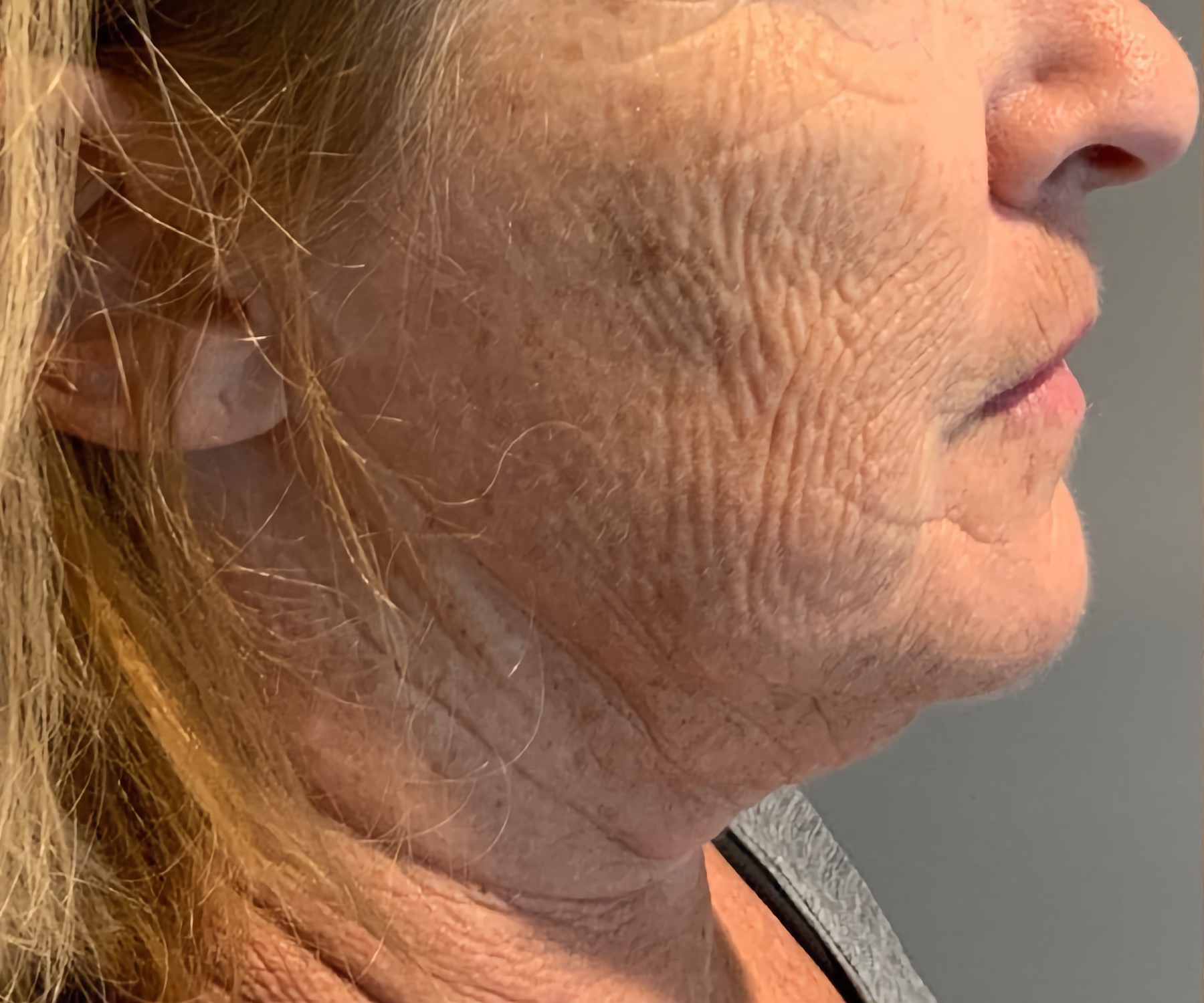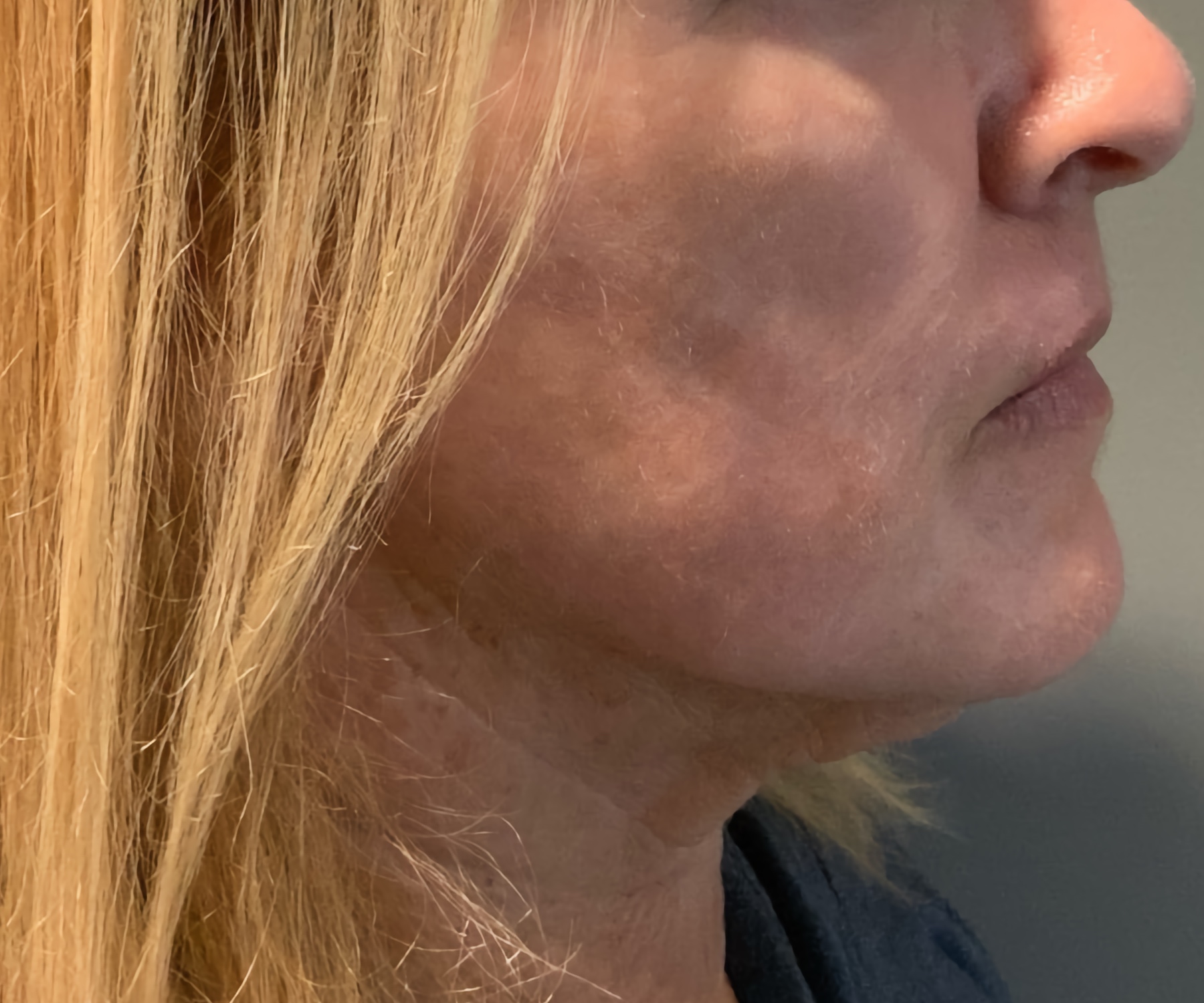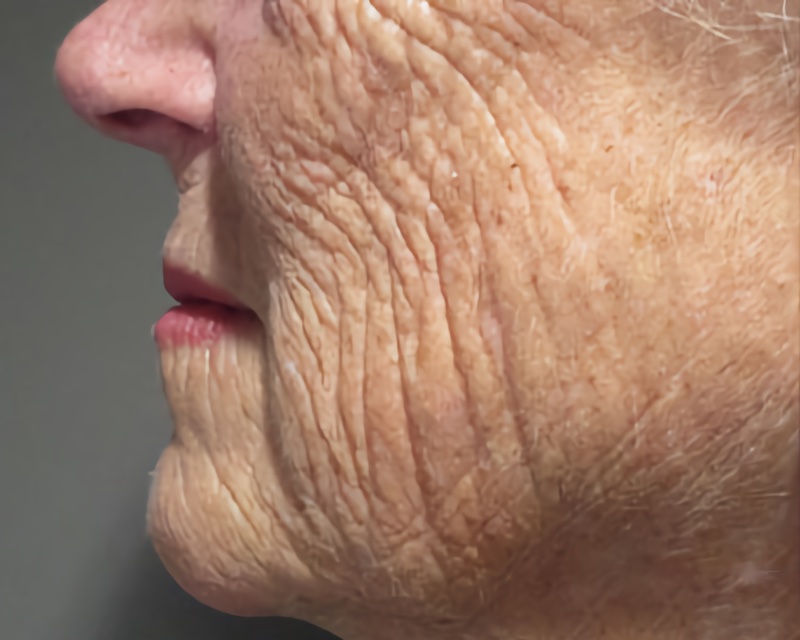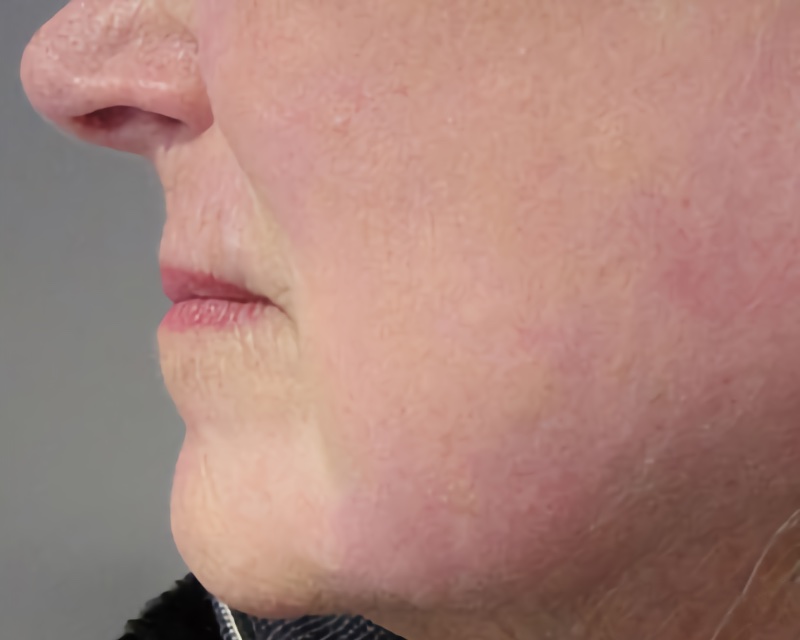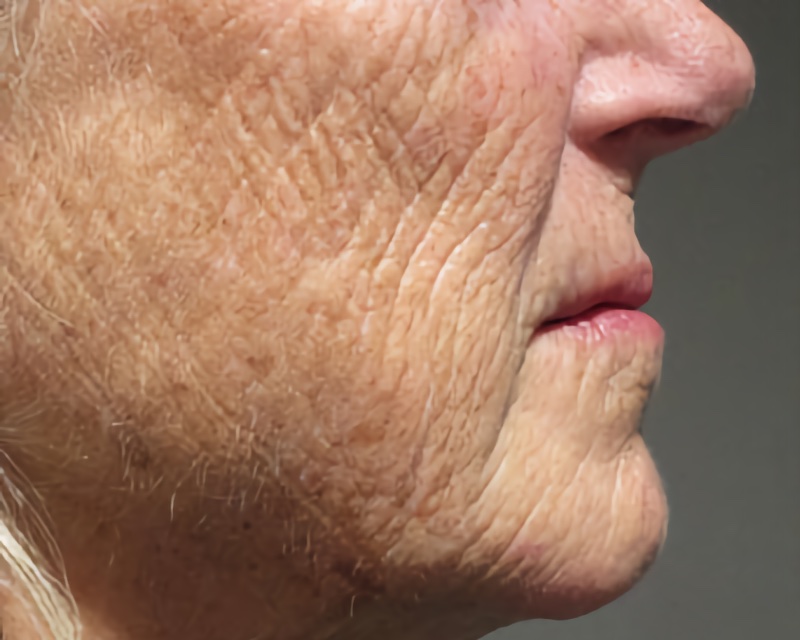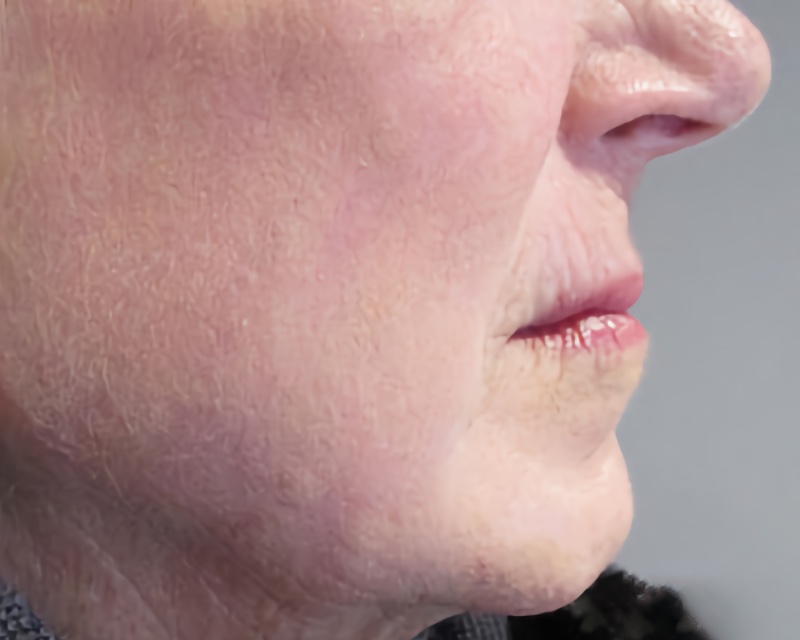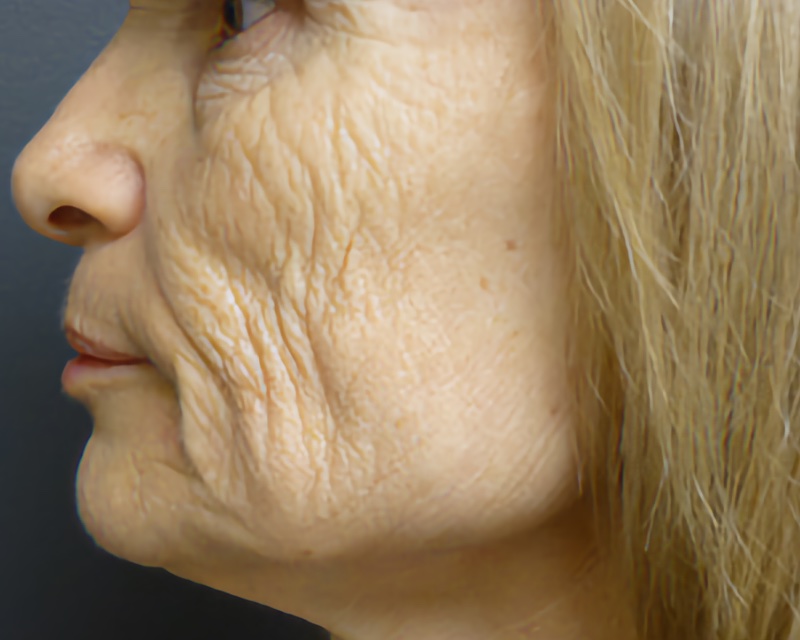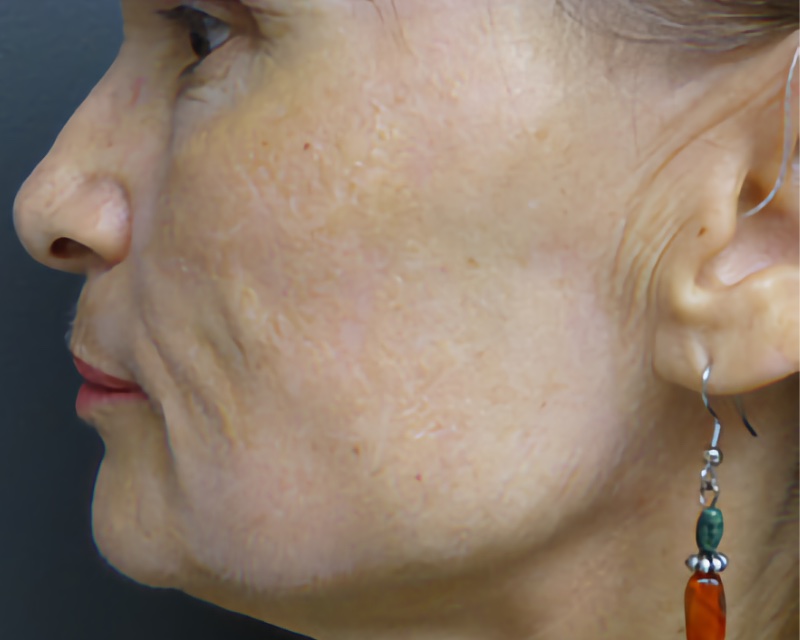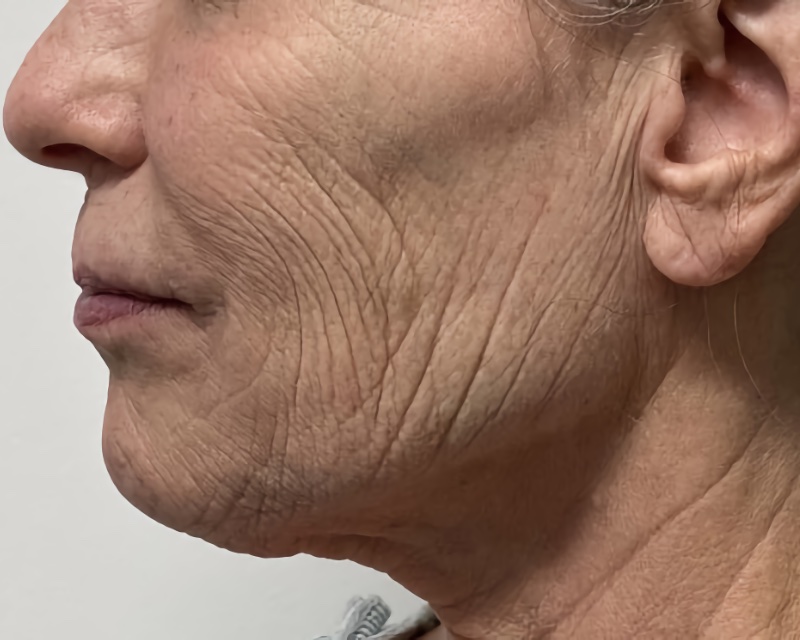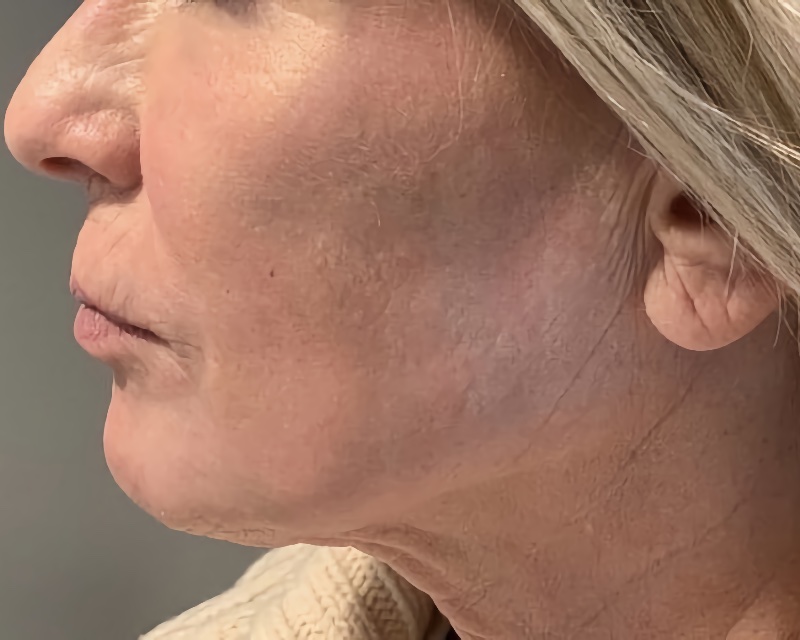Deep chemical peels, also known as Croton Oil Peels, are performed only by a physician in a surgical center using general anesthesia. They are performed to help rejuvenate the appearance of the skin.
Lines and wrinkles are developed over time because of sun damage, heredity, diet and repetitive muscle movement. Deep peels can penetrate into the dermal layers of your skin to drastically decrease deep lines, pigment abnormalities, deep acne scars, extensive sun damage, blotchiness of the skin and precancerous skin lesions. Downtime can last 10-14 days, as flakiness, swelling and redness will be noticeable. Unlike other peels, results from deep chemical peels are permanent and can last decades.
This treatment cannot be done on darker skin tones. It may also lighten your skin and make it more sensitive to the sun. However, results are dramatic and can help take years off of your appearance.


